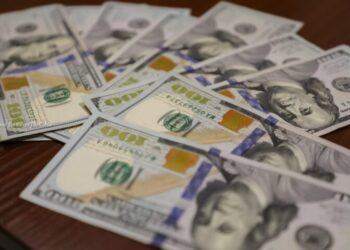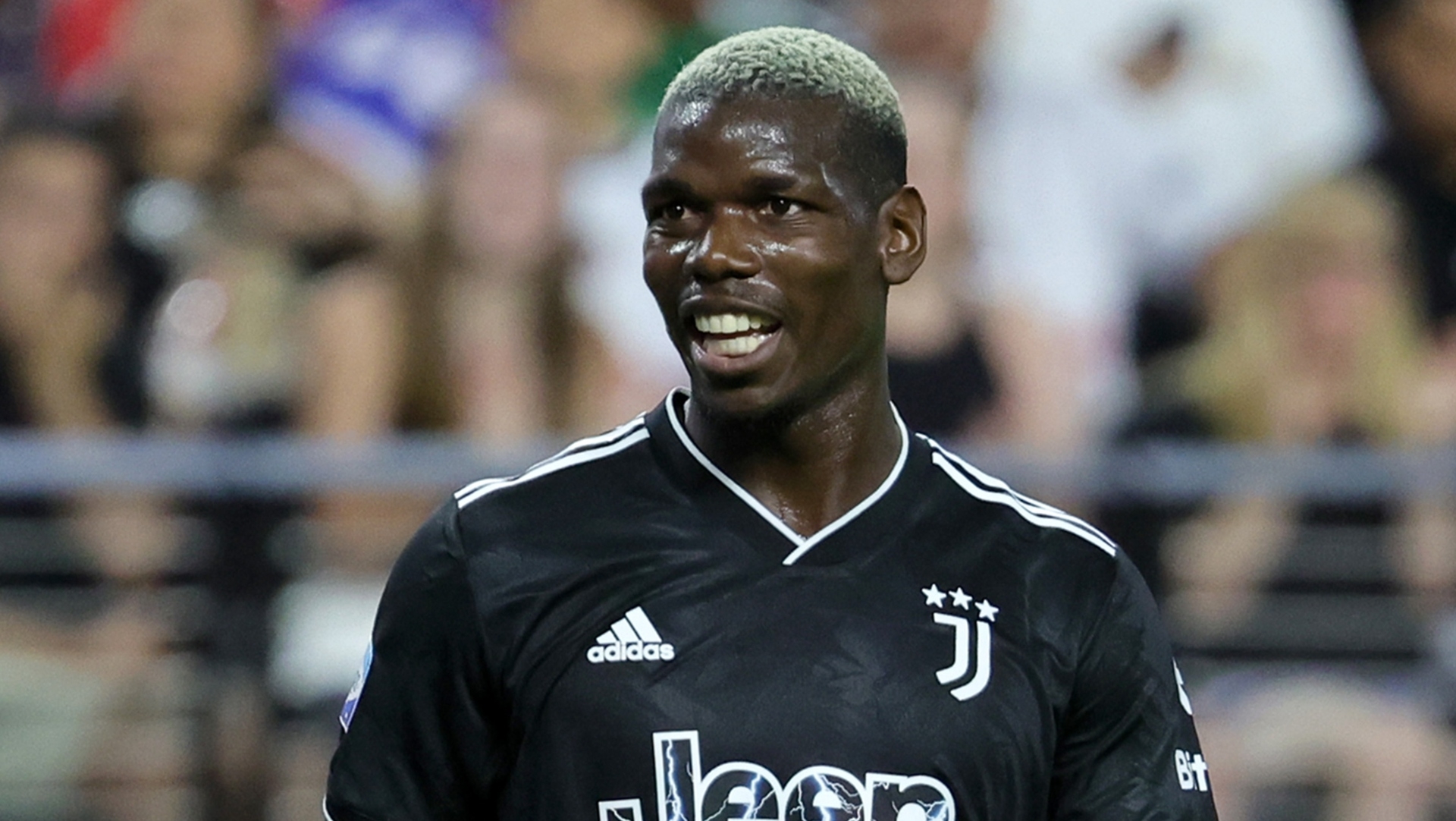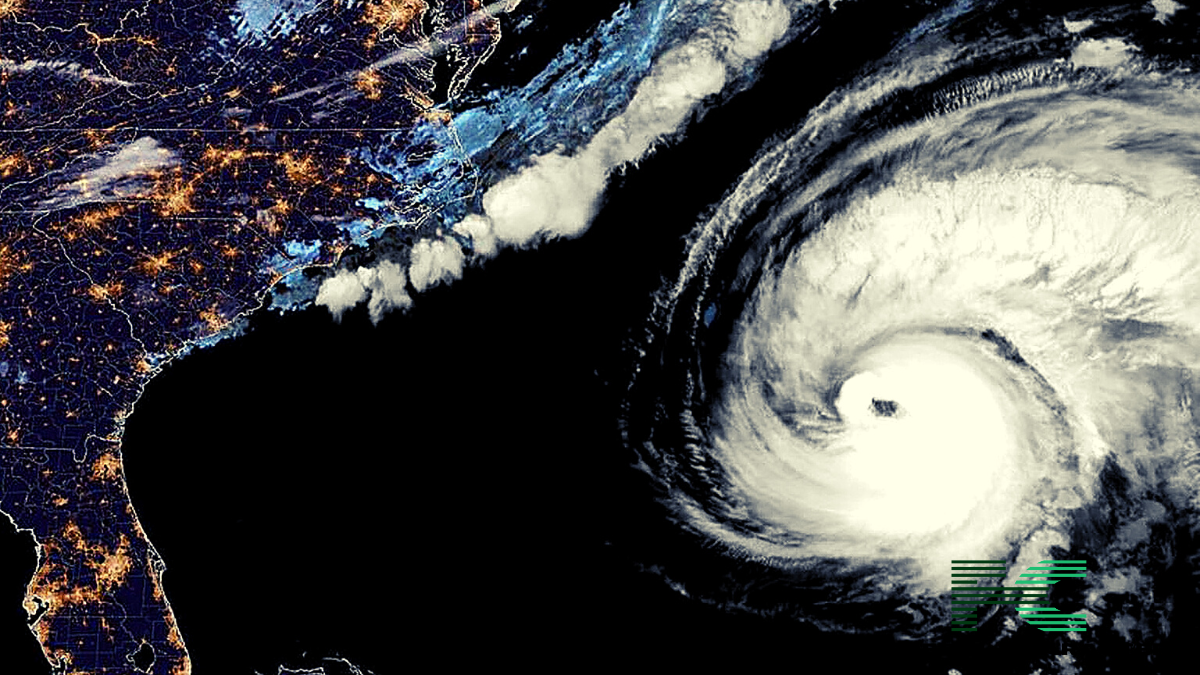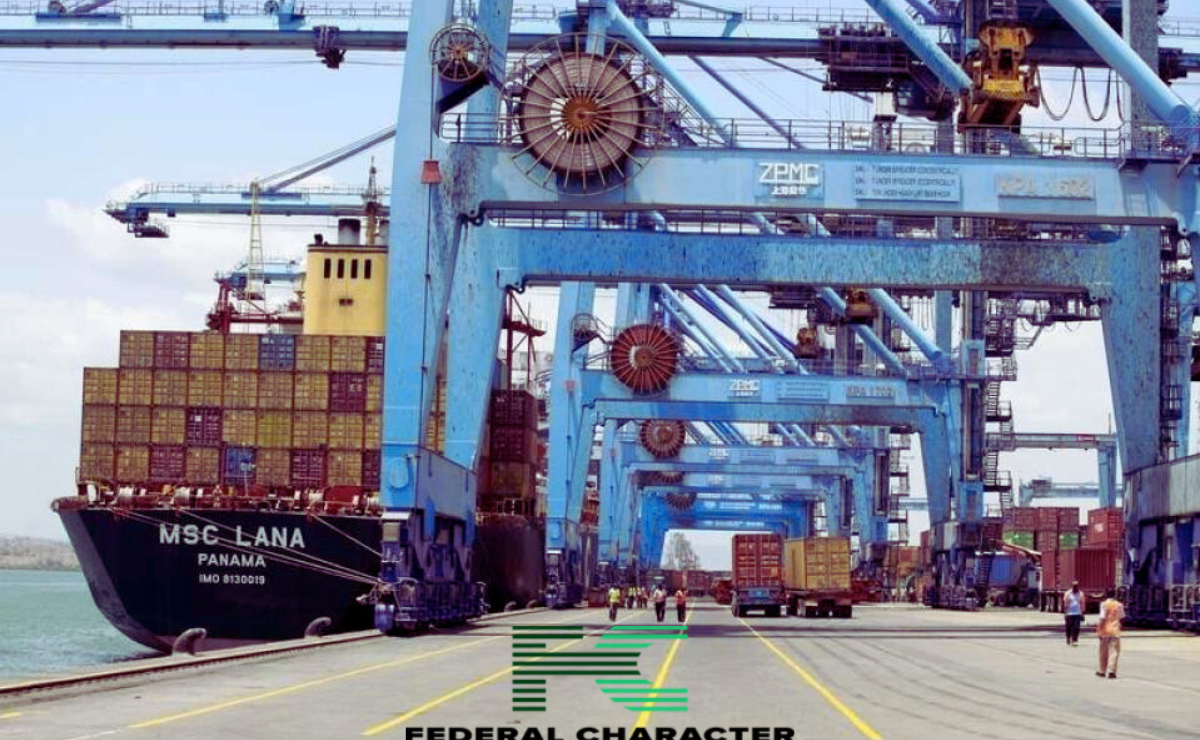The Central Bank of Nigeria (CBN) has spent a staggering $2.2 billion on debt servicing in the first five months of 2024, according to data obtained from the bank’s monthly reports. This amount represents a significant portion of the country’s foreign exchange reserves and has raised concerns about the sustainability of the country’s debt profile.
The data shows that the CBN spent $434 million in January, $451 million in February, $463 million in March, $481 million in April, and $412 million in May on debt servicing. This brings the total amount spent on debt servicing to $2.2 billion in the first five months of the year.
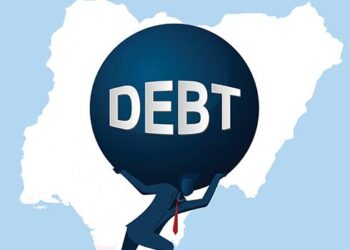
The debt servicing payments are part of the country’s external debt obligations, which stood at $28.6 billion as of March 2024. The debt stock includes loans from international organizations, such as the World Bank and the African Development Bank, as well as commercial loans from foreign banks.
Financial experts have expressed concerns about the high debt servicing payments, which they say could impact the country’s ability to meet its other financial obligations. “The high debt servicing payments are a concern because they could limit the government’s ability to fund its other priorities, such as infrastructure development and social welfare programs,” said Bismarck Rewane, a financial analyst at Lagos-based investment firm, Financial Derivatives Company.
The CBN has defended the debt servicing payments, saying they are necessary to maintain the country’s creditworthiness and access to international credit markets. “The debt servicing payments are necessary to maintain our creditworthiness and access to international credit markets,” said CBN Governor, Godwin Emefiele. “We are committed to managing the country’s debt profile in a sustainable way.”
In Essence
The Central Bank of Nigeria’s spending of $2.2 billion on debt servicing in the first five months of 2024 has raised concerns about the sustainability of the country’s debt profile and its ability to meet its other financial obligations.




